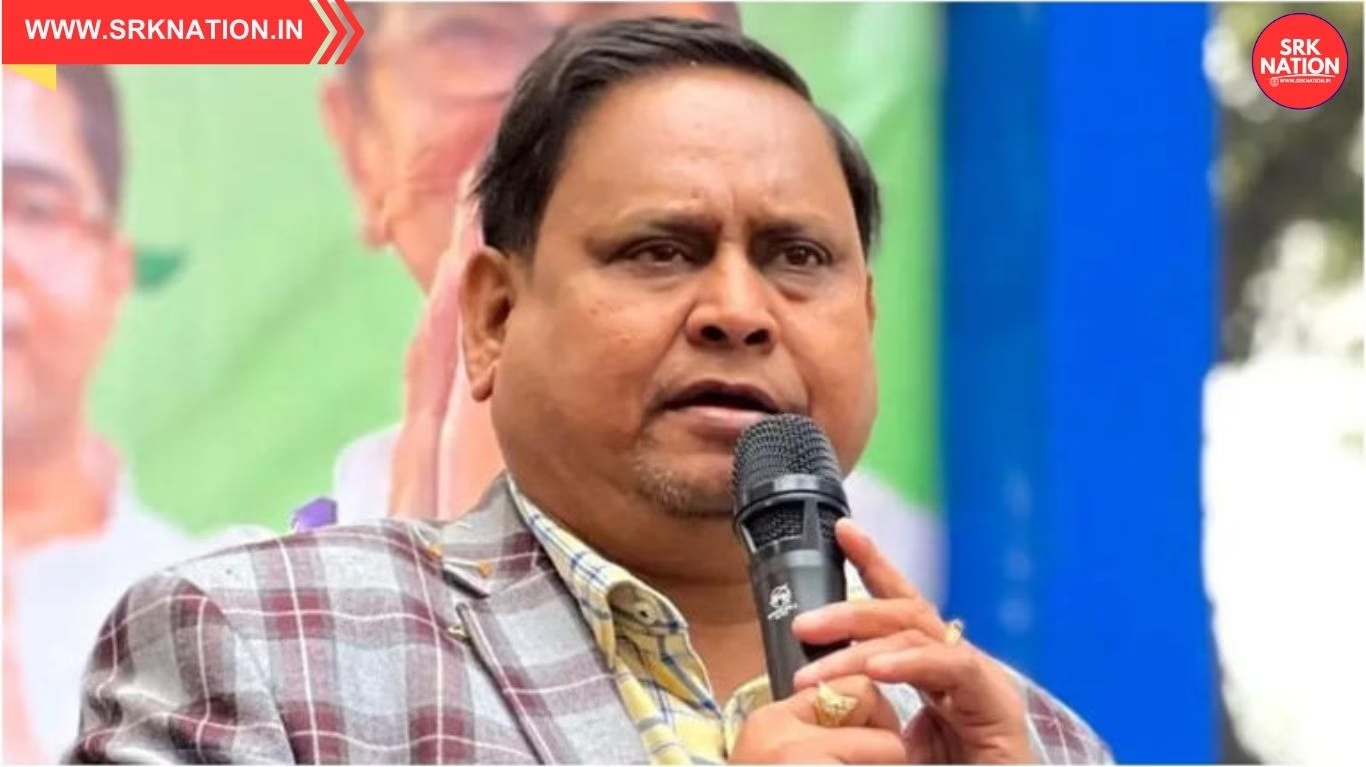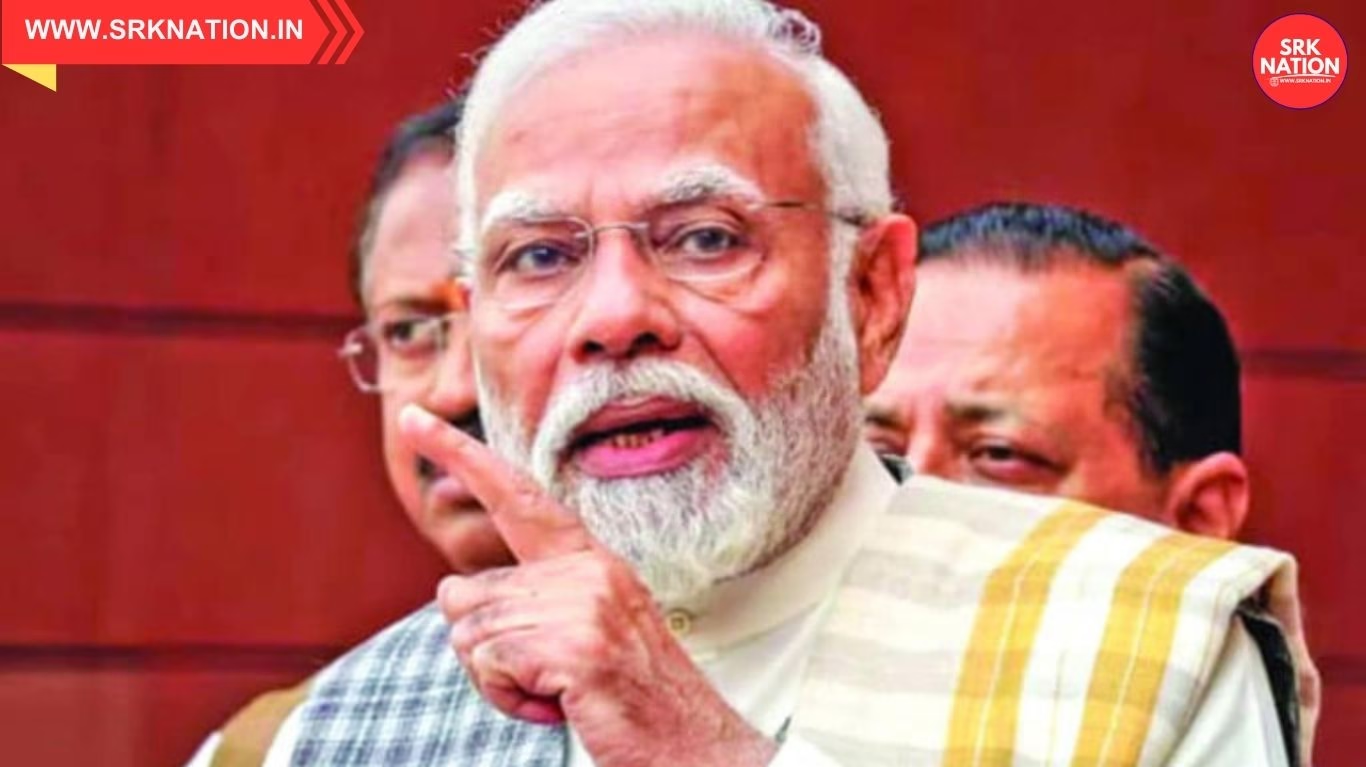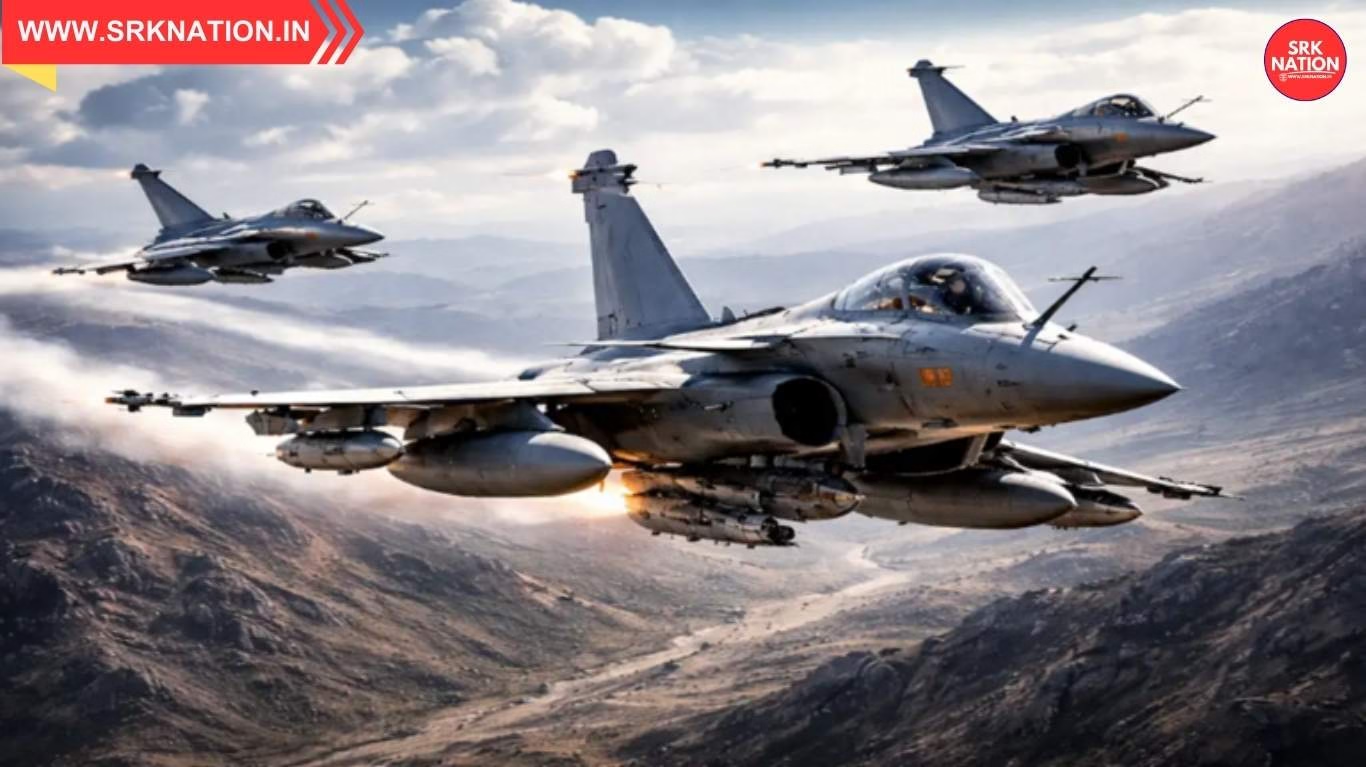Recent intelligence and diplomatic assessments have highlighted a growing strategic concern for India as Turkey has reportedly joined Pakistan in funding and supporting the construction of mosques and madrasas along the India-Nepal border. This development, experts say, could significantly impact India’s border security, communal harmony, and regional influence.
Background: Turkey-Pakistan Nexus In South Asia
Turkey under President Recep Tayyip Erdoğan has been projecting its soft power in South Asia through educational, religious, and humanitarian networks. Pakistan, traditionally engaged in supporting Islamic charities and educational institutions in Nepal for decades, finds an ally in Turkey to amplify its outreach.
Senior security officials suggest that this joint religious infrastructure push serves geopolitical objectives rather than purely faith-driven expansion.
Recent Developments Along The India-Nepal Border
| Key Activity | Details |
|---|---|
| New mosque constructions | Reports of over a dozen new mosques being constructed across Banke, Parsa, Kapilvastu, and Sunsari districts in Nepal’s Terai region bordering Uttar Pradesh and Bihar |
| Madrasas expansion | Existing madrasas are receiving enhanced funding to improve infrastructure and teacher salaries |
| Funding channels | Turkish NGOs collaborating with Pakistani charities, routed through local religious bodies in Nepal |
| Educational scholarships | Increase in offers for Nepali Muslim students to study theology in Turkey and Pakistan |
Why Is This Causing Concern In India?
Security agencies cite multiple strategic and socio-political risks:
- Radicalisation potential: Religious institutions, if funded by foreign conservative groups, could promote extremist ideologies and create radical pockets near the Indian border.
- Illegal migration and identity threats: Enhanced cross-border religious networks may be misused for illegal migration routes, forged identity support, and safe havens for anti-India elements.
- Espionage and sleeper cells: Intelligence reports warn of potential recruitment of informants under religious pretexts, impacting India’s internal security.
- Strategic encirclement: Turkey’s visible footprint complements Pakistan and China’s efforts to reduce Indian influence in Nepal, part of broader ‘encirclement’ anxieties within Indian strategic circles.
Nepal’s Position
Nepal officially maintains that its constitution guarantees freedom of religion and allows foreign-funded religious charities to operate within regulated frameworks. However, Indian analysts argue that lax oversight and porous borders with Bihar and UP increase risks of infiltration and ideological export.
Expert Views
Security Perspective
Former RAW officer and strategic affairs analyst Vikram Sood said:
“Turkey’s involvement is not accidental. Erdoğan’s neo-Ottoman and pan-Islamic diplomacy seeks footprints wherever possible. Combined with Pakistan’s agenda, it could complicate India’s border security and communal balance in sensitive regions.”
Regional Geopolitics Perspective
Professor Harsh Pant of ORF observed:
“Turkey is positioning itself as a global Islamic leader, extending to South Asia. Nepal’s increasing openness to Turkish NGOs and religious charities is a worrying vector for India.”
Indian Government’s Response
Indian agencies are increasing surveillance and border intelligence gathering along Nepal’s southern border districts. Additionally:
- Ministry of External Affairs (MEA) has engaged diplomatically with Nepal, underlining India’s security sensitivities.
- Ministry of Home Affairs (MHA) is coordinating with Bihar and UP governments to monitor border villages with high madrasa construction activities.
- RAW and IB inputs are being shared with counter-terror agencies to map funding trails.
Ground Reality: Border Communities’ Reactions
Locals in Bihar’s Kishanganj and West Champaran districts, sharing cultural ties with Nepal’s Muslim communities, expressed mixed reactions. While many welcomed educational opportunities and mosque repairs funded by Turkish charities, others feared external ideological influence disrupting local harmony.
Md. Shamim, a social worker near Raxaul border, stated:
“Religious charities must focus on welfare, not politics. Our children need jobs and skills, not imported ideological battles.”
Timeline Of Turkey-Pakistan Activities In Nepal
| Year | Activity |
|---|---|
| 2015-2017 | Pakistan charities fund multiple madrasas in Sunsari, Banke, and Kapilvastu districts |
| 2018-2020 | Turkish NGOs, notably Diyanet Foundation, increase outreach post-Erdoğan’s South Asia policy shift |
| 2021 onwards | Joint Pakistan-Turkey supported mosques and madrasas construction projects initiated, Turkish religious scholarships doubled for Nepalese students |
Wider Strategic Implications
India is already concerned about China’s deep infrastructure and political influence in Nepal. The addition of a Turkey-Pakistan religious axis introduces a new layer of challenge, particularly as Turkey’s ties with China remain tactically cooperative despite Uighur Muslim concerns.
Recommendations From Security Analysts
- Strengthen local community integration: Develop Indian border villages with better schools, health services, and employment schemes to reduce foreign NGO appeal.
- Enhanced intelligence coordination: UP and Bihar police must work closely with central agencies to track new religious constructions and foreign fund flows.
- Diplomatic engagement with Nepal: Ensure Kathmandu understands India’s security concerns without infringing upon its sovereignty.
- Counter-radicalisation programmes: Involve moderate clerics, scholars, and youth leaders in creating narratives countering potential extremist ideologies.
Conclusion
Turkey and Pakistan’s joint religious outreach along India-Nepal borders marks a significant geopolitical and security development that New Delhi cannot ignore. While promoting educational or religious welfare is not problematic per se, the underlying strategic motivations warrant close vigilance to preserve regional stability and prevent external ideological penetration into India’s sensitive border states.
Disclaimer
This news content is based on intelligence assessments, expert analyses, and public domain information for journalistic and public awareness purposes only. Readers are advised to follow official government statements and verified updates for any policy or security-related implications.











